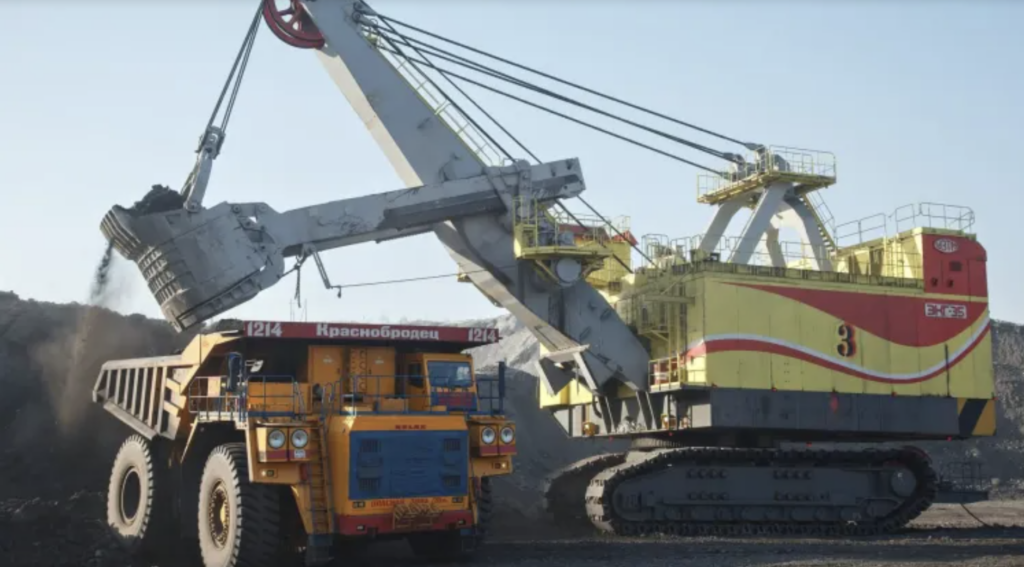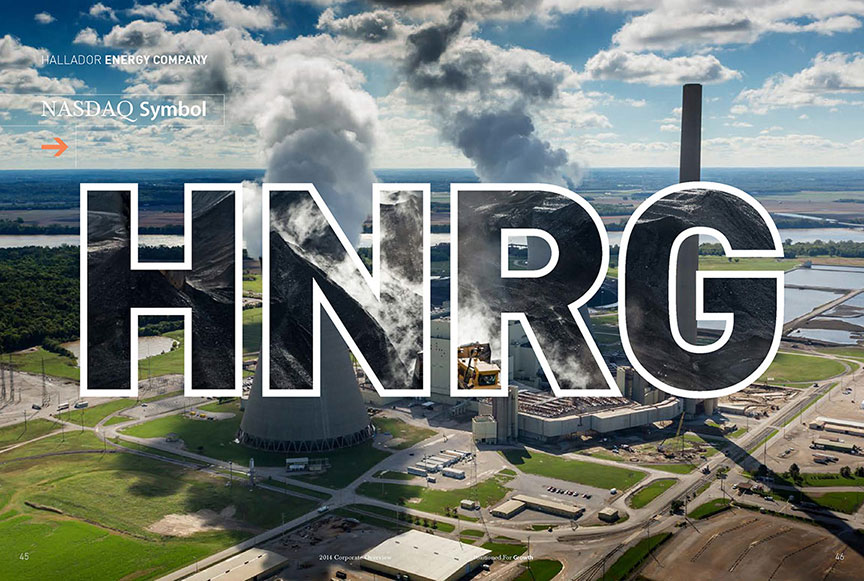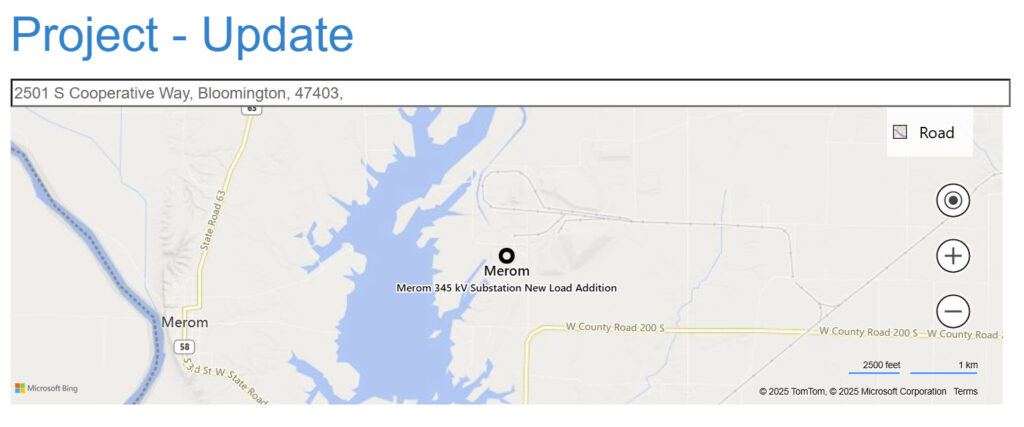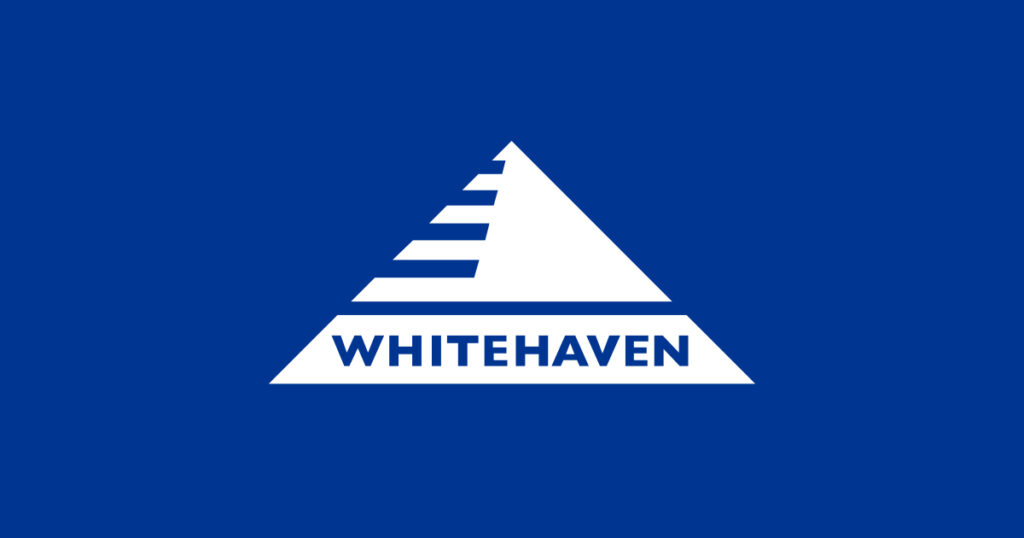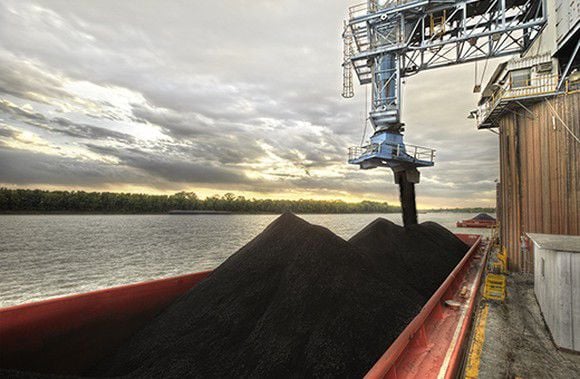Coal mines in South Africa — which has the largest proven reserves of the fuel on the continent — moved record volumes to ports by truck last year, but the mining industry doesn’t see this as an accomplishment.
That’s because the nation’s harbors aren’t geared up to handle so much road traffic, which is “causing extensive queues and delays,” the head of the mines-company lobby said.
Coal firms have increased their reliance on trucks over trains in recent years because the freight-rail network — operated by state-owned Transnet SOC Ltd. — has buckled due to derailments, equipment shortages, vandalism, corruption and poor weather. These issues brought railings to Richard Bay Coal Terminal — the continent’s largest export hub for the fuel — to a more than three-decade low in 2023.
“Transporting bulk commodities on rail is much more cost-efficient and safer,” Minerals Council Chief Executive Officer Mzila Mthenjane said Tuesday. “The use of trucks should be a last resort.”
Richards Bay Coal Terminal shareholders include Glencore, Thungela Resources and Exxaro — all of which are members of the Minerals Council and have had to bypass the rail issues by using trucks to get the fuel onto ships and on to international customers.

With fewer trains, exports have taken a hit: last year, RBCT transported 47.2 million tons of coal overseas almost 40% less than the record 76.5 million tons in 2017. The Minerals Council estimates that about a third of the shipments arrived at RBCT by truck.
Asia remains the biggest buyer of South African coal, accounting for almost 79% of purchases, with India the biggest buyer by far at 19.7 million tons. Europe purchased 6.1 million tons, 57% less than a year earlier, reflecting lower demand.
South Africa’s presidency in 2023 outlined a plan to reverse the collapse of a state-run ports and freight-rail sector that’s cost the economy at least $26.7 billion since 2010. The roadmap involves handing over most of the responsibility for fixing it to the private sector.
Mthenjane said the council welcomes the government’s announcement of private-sector participation in the freight-logistics revival.
“This model involves continued government ownership of infrastructure with private sector operation,” he said. “We believe it will make Transnet a much more successful entity.”




